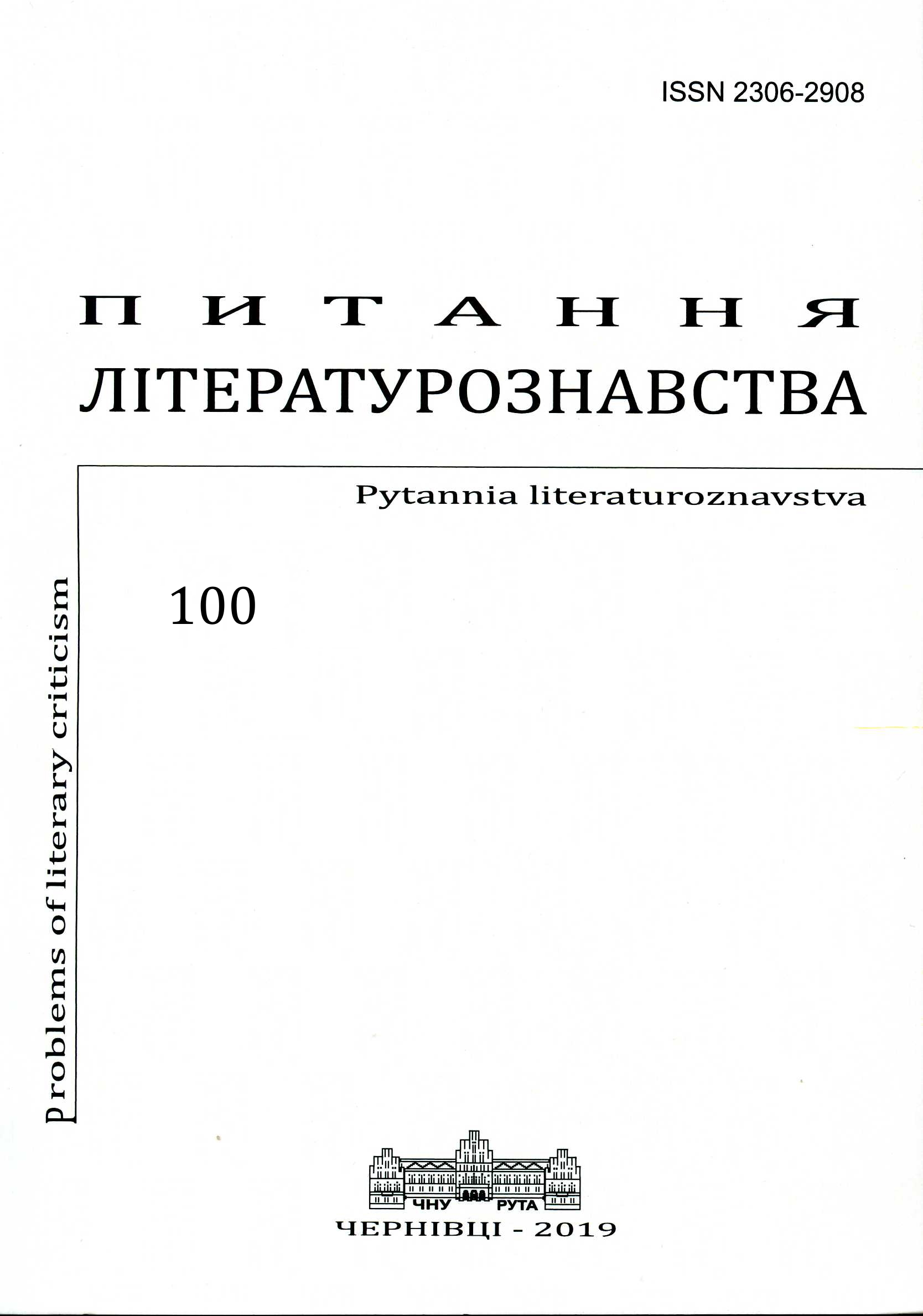Cognitive Function of Conceptual Metaphors in “The Raw Shark Texts” by Steven Hall
Cognitive Function of Conceptual Metaphors in “The Raw Shark Texts” by Steven Hall
Author(s): Aliona MatiychakSubject(s): Language and Literature Studies, Studies of Literature, British Literature
Published by: Чернівецький національний університет імені Юрія Федьковича
Keywords: Steven Hall; cognition; conceptual metaphor; diegesis; narrative structures;visual metaphor;
Summary/Abstract: From the perspective of modern cognitive science the conceptual metaphor reflects the mental aspect of cognition and creation of a new conception of the world. Therefore, numerous researchers in the area of conceptual metaphor explored it as the understanding of one conceptual domain in terms of another, paying little attention to the role of fiction diegesis. Thus, the objective of the article is to gain a better understanding of conceptual metaphor perception in the diegesis of Steven Hall's fiction. In “The Raw Shark Texts” the conceptual worldview helps the protagonist to recreate the chronicle of his self-identification after the posttraumatic loss of memory. Human knowledge, experience and communication as well as his individual mind, ideas and thoughts are perceived by the protagonist’s split personality as an aquatic space inhabited by conceptual fish. His fear of the conceptual shark, feeding on his memory, generates distinctive psychedelic hydro-text in the form of specific narrative structures. The state of fear also extends to increased human dependence on technology, digital databases (on-line memory storage and loss). The discreteness of narrative diegesis emphasizes the protagonist’s frustrations and is used by the author as a literary imitation of dissociative amnesia. Besides peculiar metaphorical expressions, in the author’s visual metaphors, owing to the simultaneous implementation of the first and second planes of the metaphor content, a third plane (a new reality) arises. Comprehension of conceptual metaphors as intimately interconnected in the narrative diegesis reveals the way of creating layered, intertwined conceptual reality exemplified by the First / the Second Eric Sanderson’s narrative structures. Consequently, metaphorical expressions and visual metaphors in Steven Hall's novel are merely a manifestation of the conceptual metaphors underlying them. Reproducing the features of perception mechanisms in their interaction with psychological, the author was able to catch the common between tangible things and abstract concepts, matter and idea, to compare the incomparable. This approach allows us to consider the conceptual metaphor as a structural component of meta-fiction and to emphasize the cognition specificity of metaphor in creation of new realities in it.
Journal: Питання літературознавства
- Issue Year: 2019
- Issue No: 100
- Page Range: 58-71
- Page Count: 14
- Language: English

